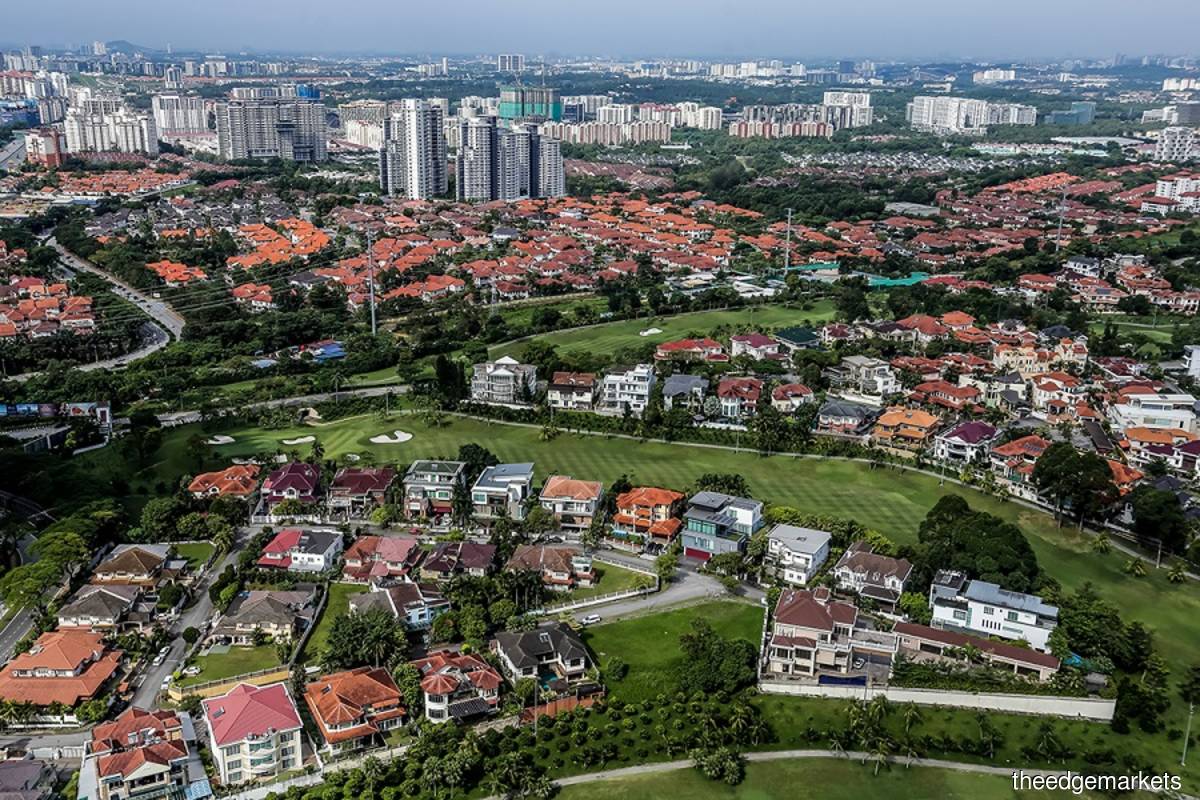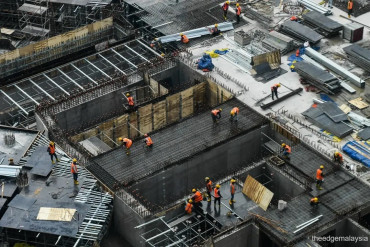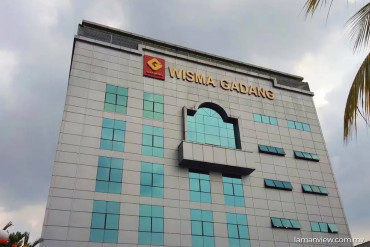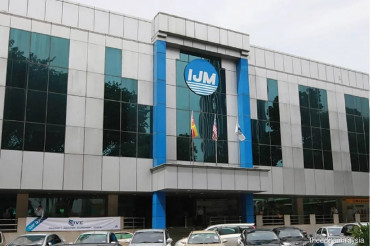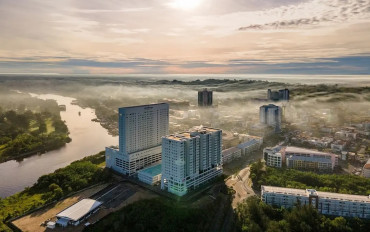ADVERTISEMENT
All Property News
Stay updated with the latest real estate and finance news, including property market trends, housing insights, and valuable information.

IJM revenue tops RM5b in 9MFY2026 as construction rebound offsets property drag amid Sunway takeover bid
4 hours ago

Loke says LRT3 contractor may face over RM475m penalties, vows accountability over delays
5 hours ago

Rivertree enters into a RM600m related-party deal to build labour quarters
5 hours ago

Gadang to acquire Johor Bahru land from Ekovest for RM75.5 mil
5 hours ago

Nga: Property sector recorded RM240 bil transactions in 2025, highest in over a decade
6 hours ago

Pavilion Damansara Heights, Kuala Lumpur office rented for RM13k | DONE DEAL
7 hours ago

S P Setia CNY Campaign 2026—Bag limited-time homeownership prosperity perks up to RM3,888 rebates!
Feb 11, 2026

How to reap Johor Bahru’s ripe opportunities without getting burned if the bubble bursts
Jan 9, 2026

The Residences IV, The Glades—Final 2-storey waterfront bungalows with resort-style facilities, comprehensive conveniences
Feb 28, 2026

Developer Updates
Armani Group debuts 383-key golf-front serviced residence in Cameron Highlands, with Ascott as operator

Developer Updates
Jiankun says director automatically removed over board meeting absences
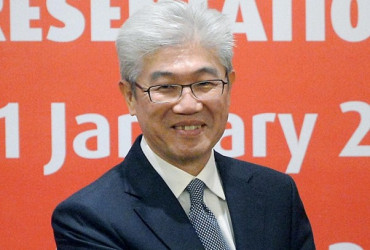
Developer Updates
GenM president Lee Choong Yan now senior adviser, to be redesignated as non-executive director in May
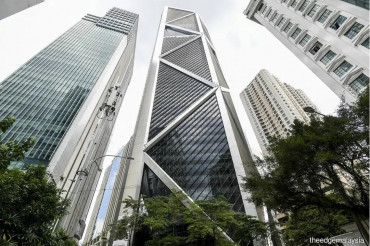
Legally Speaking
Govt seeks to forfeit funds in Ilham Tower, individual accounts linked to Daim case
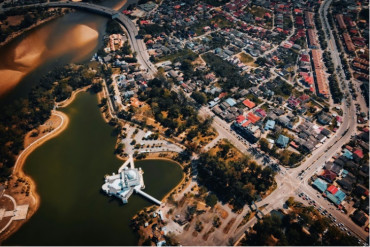
Guide to Homebuying
Find the best location for your home
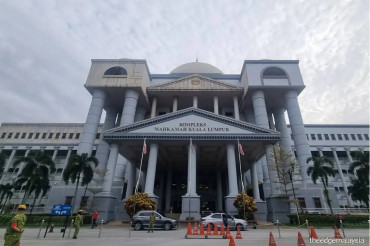
Legally Speaking
KL High Court rules developer’s ‘contra arrangements’ with landowner invalid in K Residence condo case; Duta Yap’s son held personally liable
Trending narratives
Malaysia's Most
Loved Property App
The only property app you need. More than 200,000 sale/rent listings and daily property news.





![[Branded] The Residences IV, The Glades—final 2-storey waterfront resort-style bungalows with comprehensive conveniences](https://media.edgeprop.my/s3fs-public/styles/markoneeditorspick/public/tr_b3_entrancefoyer(1).jpg?TpL_ttjdYIp9ZNGwHTv4CIE73gaKe4Vk&itok=Yo-NojCt)
![[Branded] 6 signs you may be overpaying for a property (and how to avoid costly mistakes)](https://media.edgeprop.my/s3fs-public/styles/markoneeditorspick/public/malaysiaklaerialviewtheedgemarkets.jpg?wcF2nB8b.K1_MpIZRHZqFK8ARi9_l9f9&itok=loopOsxK)


.jpg?KpT57Dw7Y_UzSKH8HsHP9pRQ_peOr_KV)
